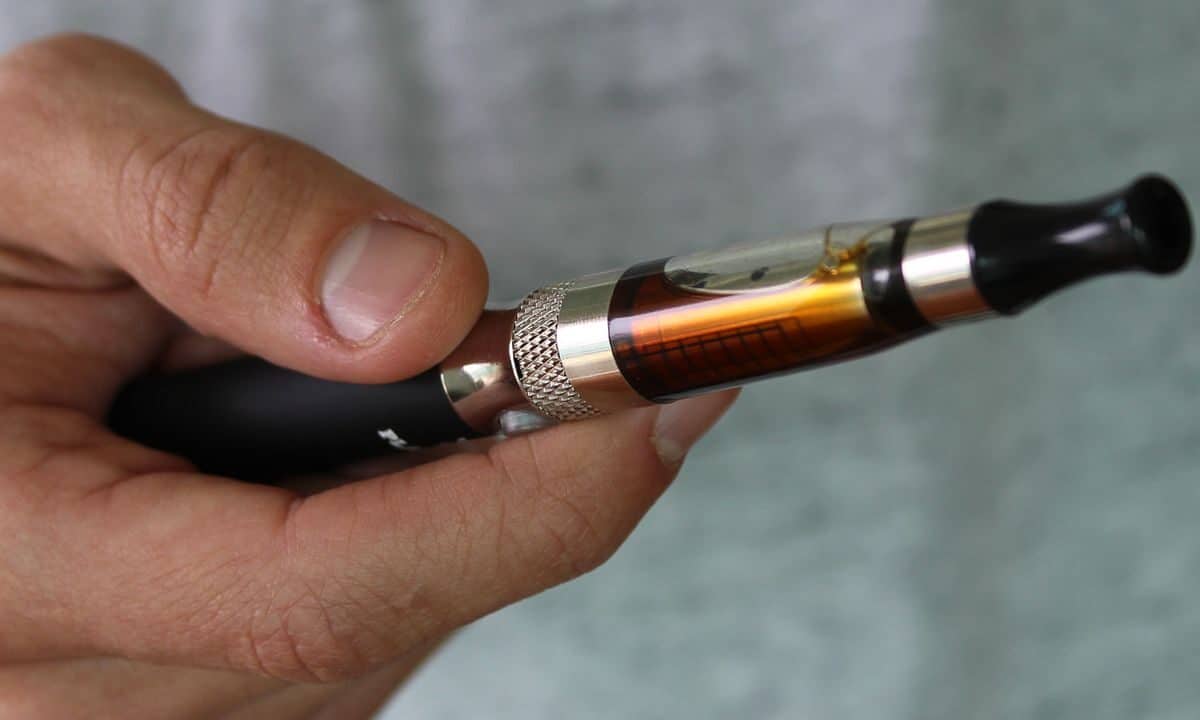 Vaporizer Vape Pen E Cigarette by Lindsay Fox is licensed under CC BY 3.0.
Vaporizer Vape Pen E Cigarette by Lindsay Fox is licensed under CC BY 3.0.
The Te Awhina mental health ward on New Zealand’s North Island has announced that they will be going smoke free on June 27. However, they aren’t making patients quit cold turkey. Staff have begun providing cigarette-smoking patients with disposable vapes, a massive step for harm reduction in the country.
The Whanganui District Health Board (DHB), which runs the hospital, has stated that vapes are 95% less harmful than cigarettes and are a great tool to smoking cessation. Numerous studies have confirmed that e-cigarettes are a more effective tool for cessation than any other alternative. Further, vaping has no demonstrable secondhand harms, unlike cigarettes that cause 1-2 million deaths each year from secondhand smoke. This allows for patients to safely use vapes indoors.
According to the hospital, smokers tend to have issues when admitted to in-patient care. They aren’t allowed to smoke inside and must be accompanied outside by staff, while some hospitals have banned smoking outdoors. This problem is even worse for patients at mental health wards since those with mental illness smoke at rates up to 70% higher than the general population.
Some hospitals offer nicotine patches or gum to smokers, but their efficacy is low because they don’t match the ritual of smoking or the nicotine content in cigarettes. This can lead to nicotine-addicted patients leaving the hospital before they have been fully cared for. The Whanganui DHB recognized this, and in conjunction with the available science on reduced-harm alternatives, made a decision that will prevent people from leaving the hospital early. This will dramatically improve the health care that smokers and other nicotine user receive in New Zealand.
Vapes are proven to help reduce smoking, even in those most reliant on cigarettes. According to a study from Oxford University, high nicotine content vapes are proven to help schizophrenic smokers quit. The study found that 40% of participants with mental health issues had stopped smoking cigarettes with an e-cigarette by 12 weeks, and at least a 50% reduction in smoking was seen in 92.5% of participants.
This decision stands in stark contrast to what the FDA is currently trying to do in the United States. Instead of promoting vaping as a safer alternative to smoking, the FDA is attempting to remove Juul, which holds the largest share of the vape market, from store shelves. The FDA is also looking into reducing nicotine levels in cigarettes, which will only cause smokers to consume more cigarettes and inhale more deeply.
The Whanganui District Health Board’s decision is a phenomenal example of delivering effective and compassionate care to patients who smoke. Other countries could learn from their example and join New Zealand and the United Kingdom in improving health outcomes across the globe.

